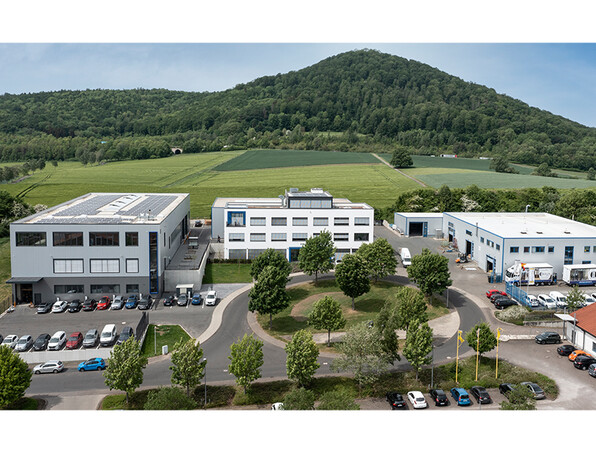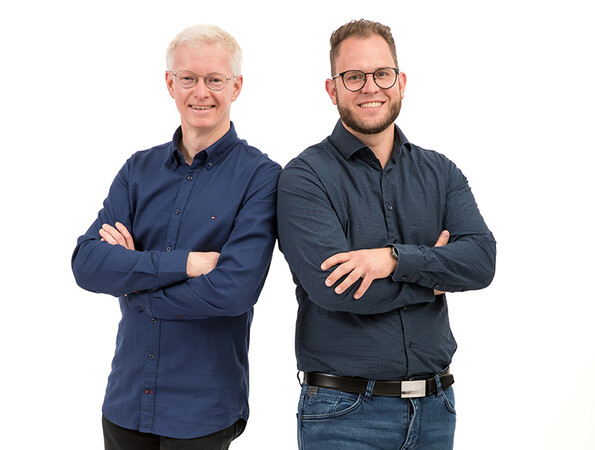Goodbye to the SMEs?
A small or medium-sized lift builder is sold to a group – such reports have become commonplace recently. What is going on here and how should the lift sector react? Do we need to say goodbye to the SMEs?
By Ulrike Lotze
Lechner Aufzüge, Kasper, Hildebrandt and Dany Aufzüge, Berchtenbreiter GmbH Maschinenbau-Aufzugtechnik – these are just the sales that became known in the first months of 2024. ATB Aufzugtechnik, ATH Aufzüge, ATD Aufzüge Dasberg GmbH, the Darmstädter Aufzugtechnik GmbH and Holter Aufzüge GmbH – they were taken over by one of the four big lift groups in 2023. The sales of M.S. Aufzüge and Grädler Fördertechnik as well as Osma attracted special attention recently – however, the latter only parted with four of its branches in south Germany.
There may have been even more but not all wish to publicise the sale of their companies. The end is probably not yet in sight though. This development is not just present in Germany, of course – for example, lately Uniheis (Norway) and Flügel-Aufzüge (Austria) were taken over.
The motifs are as different as the companies. Udo Niggemeier, chair of the Association of SME Lift Companies (VmA) outlines the most important in his commentary. But there is one thing one should not overlook. As numerous as the sales were recently and as numerous as they will be in future, the number of entrepreneurs who do not want to sell is probably still higher.
Optimistic and satisfied
 The company buildings of the medium-sized elevator manufacturer Braun Aufzüge near Kassel. Photo: © Industrie- und Architekturfotografie Ali Moshiri
The company buildings of the medium-sized elevator manufacturer Braun Aufzüge near Kassel. Photo: © Industrie- und Architekturfotografie Ali MoshiriTobias Braun is one example of many. Together with his sister Pamela Schmidt and brother-in-law Joachim Schmidt, he runs the SME lift builder Braun Aufzüge in Zierenberg near Kassel, which operates throughout Germany. "Why should we sell? We’ve put a lot of energy into building up our company together with our employees and we expect to reap the fruits of our labour in the future even more than now."
Despite all of the current challenges, Tobias Braun is not only optimistic looking ahead but is also satisfied with the current situation of the company with its eighty specialised employees.
"Things are going well because we’re a family company and every area of lift building, from design, production, assembly and service is covered in our own company and we can react flexibly and fast to all of the challenges of our customers. One of the areas we concentrate on is the complete replacement of lifts and that’s the market of the future in our view."
Lift sector continues to be a growth sector
But it is not just the numbers alone that motivate the 46-year old mechanical engineer and his sister. They took over the company from their father, who established it in the 1980s and gave up his senior position at a large lift manufacturer to do so. "We identify with our company. We grew up with it, it’s part of our lives." The family has invested a lot of time, energy and money in developing the company with its modern production areas and machinery – "Should we just throw that all over board and put our trust in the fate of uncertain group strategies?"
Of course, the political and economic conditions are currently more challenging than in decades past. The transition from employer to employee market was also not easy, granted Tobias Braun. But the current market concentration also had advantages for SMEs since the number of market competitors had decreased as a result and customers increasingly preferred group-independent providers.
"On top of this, the lift sector continues to be a growth sector." This was not just due to demographic factors but also to the advanced age of lifts in Germany and the falling service life of newly installed serial production lifts, which was becoming evident.
Leaving a group to become independent
 In the middle of the coronavirus crisis, the two master electricians Marc Hottenrott and Lucas Günter founded their company G & H Aufzüge. Photo: © G & H Aufzüge
In the middle of the coronavirus crisis, the two master electricians Marc Hottenrott and Lucas Günter founded their company G & H Aufzüge. Photo: © G & H AufzügeAnd then there are those who set up their own businesses, taking the risk of going it alone - for example, because their previous employer was bought by a group and for various reasons they no longer wish to work there. One example of many is G&H Aufzüge. In the midst of the crisis, the two master electricians, Marc Hottenrott and Lucas Günter, established their company in Ettlingen (Germany).
The lift SME, for which they had previously worked, had been sold to a group. "We no longer felt at home there," revealed Marc Hottenrott. "Despite the risk, we wanted to be our own bosses and take our own decisions." Business is now so good that the company is looking for new employees.
Contributing and implementing their own ideas
The mechanical engineer Thorsten Meinel and the mechatronic Michael Cloßin took the plunge to strike out on their own on 1 September 2023 and set up their own company "Meinel & Cloßin Aufzüge GmbH". Thorsten Meinel had already been co-owner of a lift company, which he had sold to a group together with his former partner. He remained at the company.
 Thorsten Meinel (left) and Michael Cloßin have taken the plunge into self-employment. Photo: © Martin Christ / Meinel & Closin Aufzüge
Thorsten Meinel (left) and Michael Cloßin have taken the plunge into self-employment. Photo: © Martin Christ / Meinel & Closin Aufzüge"Initially, the work within the group was good but at the end the work load and pressure grew progressively. At some point, I could no longer handle it. I’m not afraid of work but at the end it was all just negative stress."
Thorsten Meinel resigned, shortly thereafter his former colleague Michael Cloßin left the company too. Both then concluded, "We were and are a good team," and consequently they agreed to set up their own lift company. No sooner said than done. They have not regretted the step, "Now we can contribute and implement our own ideas." Although the company is still so young, both entrepreneurs are very satisfied with current developments and already looking for more employees.
No goodbye to the SMEs
It remains the case that there will in future still be reports that an SME has been sold to a group. That’s the free market and everyone is entitled to decide what they want to do with their business. However, the examples of company start-ups and the numerous entrepreneurs, who continue to run their business with great dedication show that there are still people in the lift sector who see a future in being their own bosses despite the difficult overall conditions.
Consequently, there will be no goodbye to SMEs (hopefully). What niches and future strategies SMEs find to hold their own on the market in future will be decisive.


























Write a comment